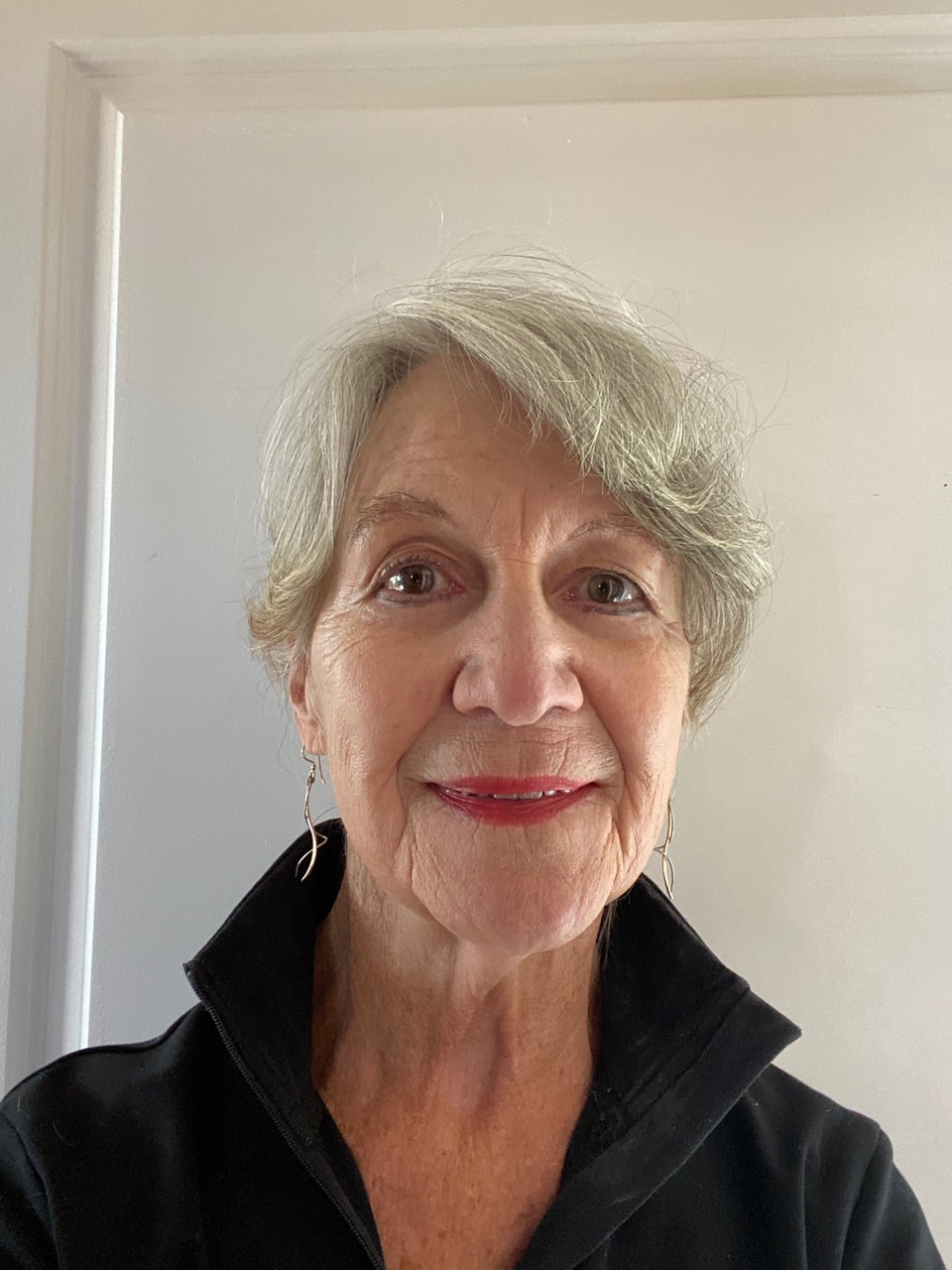 As we view our world, we see some new signs of hope. Several vaccines have been miraculously developed in record time and distribution is beginning. There is political change that has reflected an overwhelming number of citizens willing to vote even in the midst of a health crisis. The New Year celebrations were somber but reminded us that the seasons come around and we begin again to look toward new accomplishments. School will begin again—even if still virtual—but our youth can connect in a variety of ways.
As we view our world, we see some new signs of hope. Several vaccines have been miraculously developed in record time and distribution is beginning. There is political change that has reflected an overwhelming number of citizens willing to vote even in the midst of a health crisis. The New Year celebrations were somber but reminded us that the seasons come around and we begin again to look toward new accomplishments. School will begin again—even if still virtual—but our youth can connect in a variety of ways.
Realities We Deal with
Yet there is also a deep sense of continuing anxiety and despair. We have been challenged by events that have simply been out of our individual control. We have had to learn new roles, learn new solutions dictated by others.
As we reflect on our experiences at Taos Behavioral Health (TBH), we are deeply grateful for the continued commitment and creativity of all staff. And we have learned much about our skills and our resilience. Above all, we recognize that in a unique way—we are all going through a therapeutic process. We have been confronted with new goals, new roles ,and pushed to change with few examples of how to act.
Change Challenges Us
For example, parents have been thrust into the role of teacher as well as parent—and there are large variations in parents’ comfort level and knowledge for the new role. In addition, while parents guide and discipline their children in their ongoing interaction—if they are suddenly the “evaluator” of schoolwork—relationships can become tense. At the beginning of the COVID restrictions, we found that many parents at first did not think they needed/wanted continued services. Then as the realities of the complex task they were facing became apparent—they came back to request ongoing therapeutic support, however it could be designed.
So, we have the Coordinated Community Service Support (CCSS) workers checking in daily with their clients morning and evening Clinicians see clients individually at least once a week. PODS for seriously involved students are held in a safe supportive environment.
Therapeutic Processes Teach Us
The challenge of changing our behaviors can be assisted by understanding the therapeutic process—its challenges and requirements. Any individual who enters a therapeutic relationship is interested in change. While at first, they may think that it is the rest of the world that needs changing—the therapeutic process helps define what goals for change an individual needs. But all humans live in groups or systems—families—friend groups—classmates—work groups. One of the challenges for all individuals seeking to change is that their current and previous behaviors are reinforced by others around them. The “others” in their lives have seen them in a specific pattern and are not necessarily ready to see them differently.
This need for support from the others in your life is practiced in the therapeutic process that combines individual counseling with group work. In a one-on-one setting, a client can identify goals—”I want to be more positive with others and control my anger” and then have a place in a group where the new behaviors practiced.
Support we Need
So, as we all learn new behaviors we need understanding and support from each other. We need to reflect on our roles in new ways—this is what I need to learn—these are changes I need to make. I need to be honest about saying “These are changes I need to make. What can I ask of you? How can you help me?”
In the next column—let’s talk about some of the realities that make it so difficult to change.
TBH has the largest staff of licensed and credentialed behavioral health workers in northern NM. We can be reached at 575-758-4297, www.taosbehavioralhealth.com and 105 Bertha Taos for scheduled appointments.
Mary McPhail Gray is the chair of the TBH Board and can be contacted at 575-779-3126 and McPhailConsulting@gmail.com

